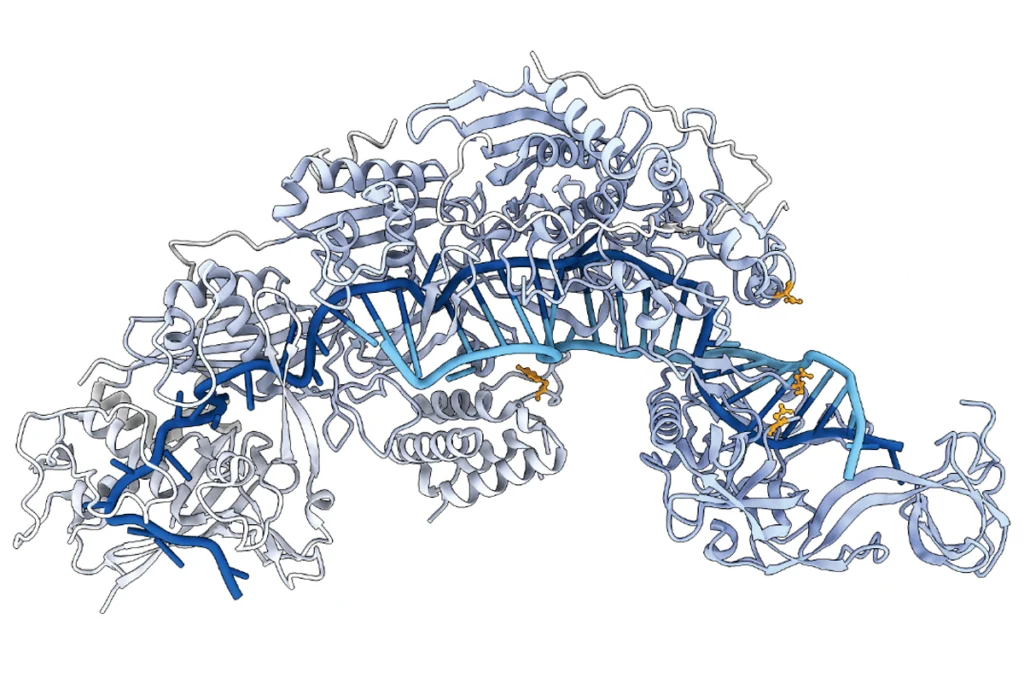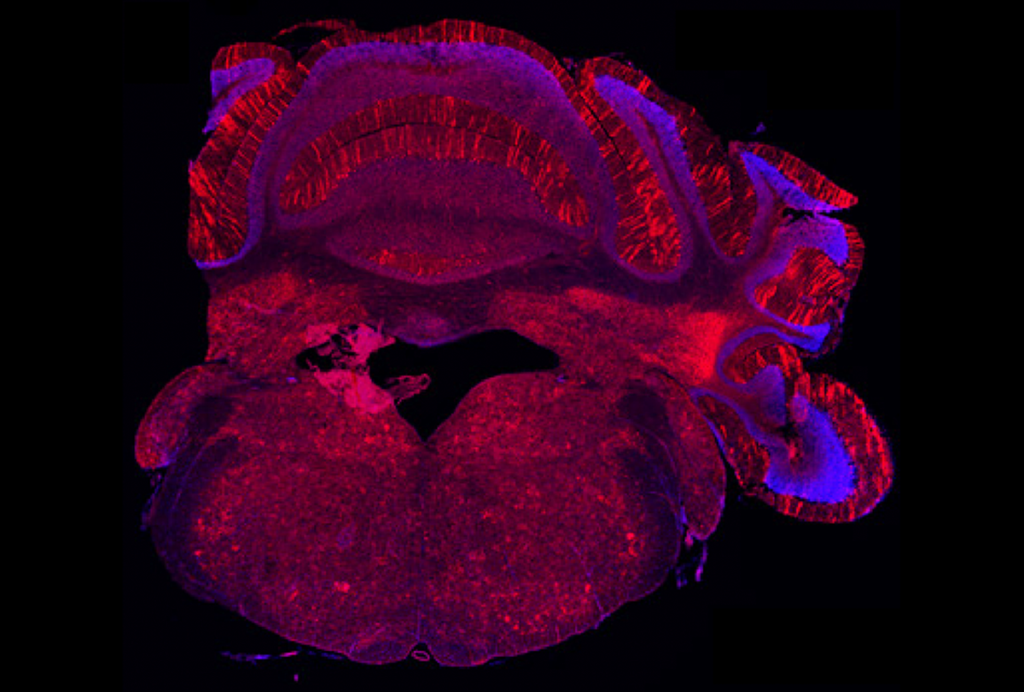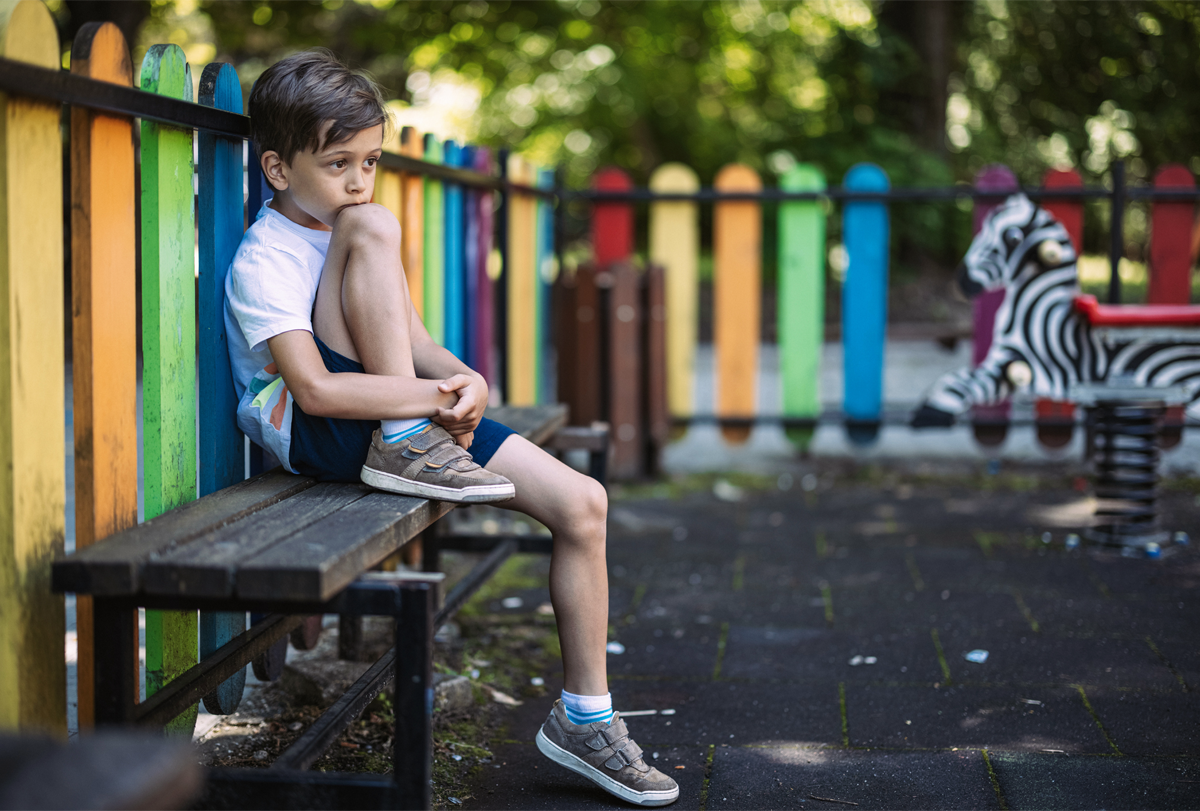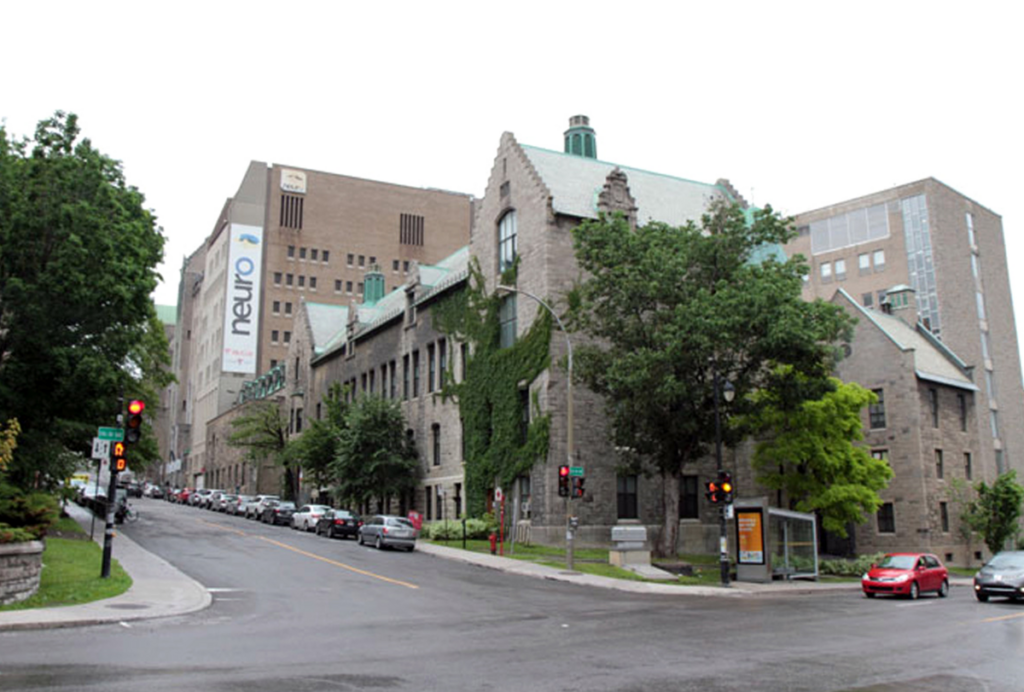Charles Q. Choi is a science reporter who has written for Scientific American, The New York Times, Wired, Science, Nature, The San Diego Union-Tribune, Newsday, Popular Science and National Geographic News, among others. He writes news articles for The Transmitter.
For his work, he has hunted for mammoth DNA in Yukon, faced gunmen in Guatemala, entered the sarcophagus housing radioactive ruins in Chernobyl and looked for mammal fossils in Wyoming based on guidance from an artificial intelligence. In his spare time, Charles has traveled to all seven continents, including scaling the side of an iceberg in Antarctica, investigating mummies from Siberia, snorkeling in the Galapagos, excavating ancient Maya ruins in Belize, climbing Mt. Kilimanjaro, camping in the Outback and avoiding thieves near Shaolin Temple.








